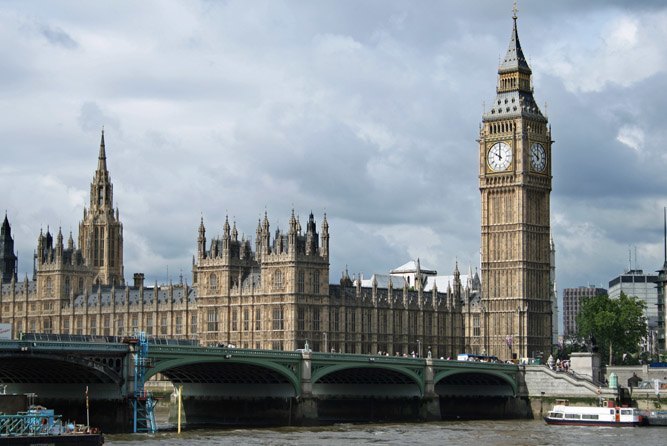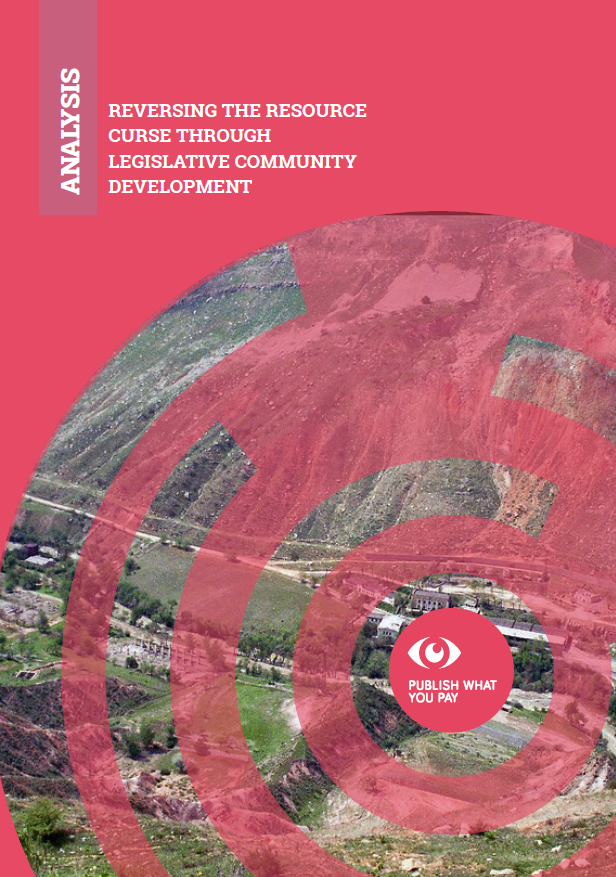Leaders and politicians from more than 40 countries, as well as business people and NGOs, joined UK Prime Minister David Cameron in London today for the Anti-Corruption Summit. Leaders included Nigerian President Buhari, Afghan President Ashraf Ghani and Norwegian Prime Minister Erna Solberg. Their goal was to discuss and agree ways to jointly expose and tackle corruption around the world.
Overall, the Summit has been a welcome and potentially game-changing event, with important new commitments such as on beneficial ownership disclosure and today’s announcement by the UK to enhance company disclosure regarding payments to government for the sale of oil, gas and minerals. For those – including PWYP – keen to achieve transparency in extractives sector trading, the Summit marked useful progress but its proposals on trading transparency were not ambitious enough.
“Corruption is one of the greatest enemies of our times,” said President Buhari during the Summit’s opening session this morning. PWYP agrees: secrecy, in particular in oil, gas and mining, comes at high cost to citizens in resource-rich but poor countries.
“It’s key to ensure that transparency in the extractive industries sector takes the front burner – considering that for many economies this is the centre of their economy,” commented Faith Nwadishi of PWYP Nigeria.
Just a few weeks ago, the Panama Papers brought to light how widely a lack of transparency has allowed for tax evasion and avoidance to the detriment of citizens. Today’s Summit came at an opportune time.
“The Panama papers have exposed to the whole world the issues that PWYP Norway has been working on for ten years,” said Mona Thowsen of PWYP Norway.
Existing extractives sector transparency laws have left a major gap — they currently do not extend to payments for oil, gas or minerals traded on commodities markets around the world, which remains a major area of opacity and corruption risk. In Angola, for instance, the IMF revealed that the national oil company had illegally and secretly spent $32 billion in oil sale revenues between 2007 and 2010. In Nigeria, damaging oil trading deals signed by the previous administration cost the country’s treasury as much as $16 per barrel.
With many governments deriving very large incomes from the sale of oil, gas and minerals – including Iraq, Libya, Nigeria and Angola – it is not possible to get a full picture of the role played by the extractives sector in those countries without this information. Ahead of the Summit, PWYP, NRGI and others called on participating leaders to make strong concrete commitments to address this lack of transparency in extractives trading – as highlighted in recent statements, letters and briefings.
“With the implementation of the EITI, Iraq, through pressure from civil society, has been able to include in its report numbers from external sales of its oil, gas and minerals. Since 90% of the Iraqi annual budget depends on revenues from external sales, it is important for us to know how much exactly flows in from these transactions,” said Ali Neema of the Iraqi PWYP coalition. “But we need these numbers to be published for all trading companies and all countries in an updated fashion, beyond what the EITI can provide.”
Although the Summit communiqué makes no joint commitment on extractives trading transparency, the UK, Switzerland, Nigeria, Norway, Ghana, Australia, Italy, Japan, the Netherlands, Germany, Afghanistan and Georgia all committed at the Summit, together with the European Commission, to work to enhance company disclosure regarding payments to government for the sale of oil, gas and minerals and to explore the scope for a common global reporting standard on extractives trading.
“This is a positive outcome that we at PWYP will work to build on so that we can secure the strong mandatory transparency standard for oil, gas and minerals trading that the world urgently needs,” concluded Elisa Peter, Executive Director, PWYP











